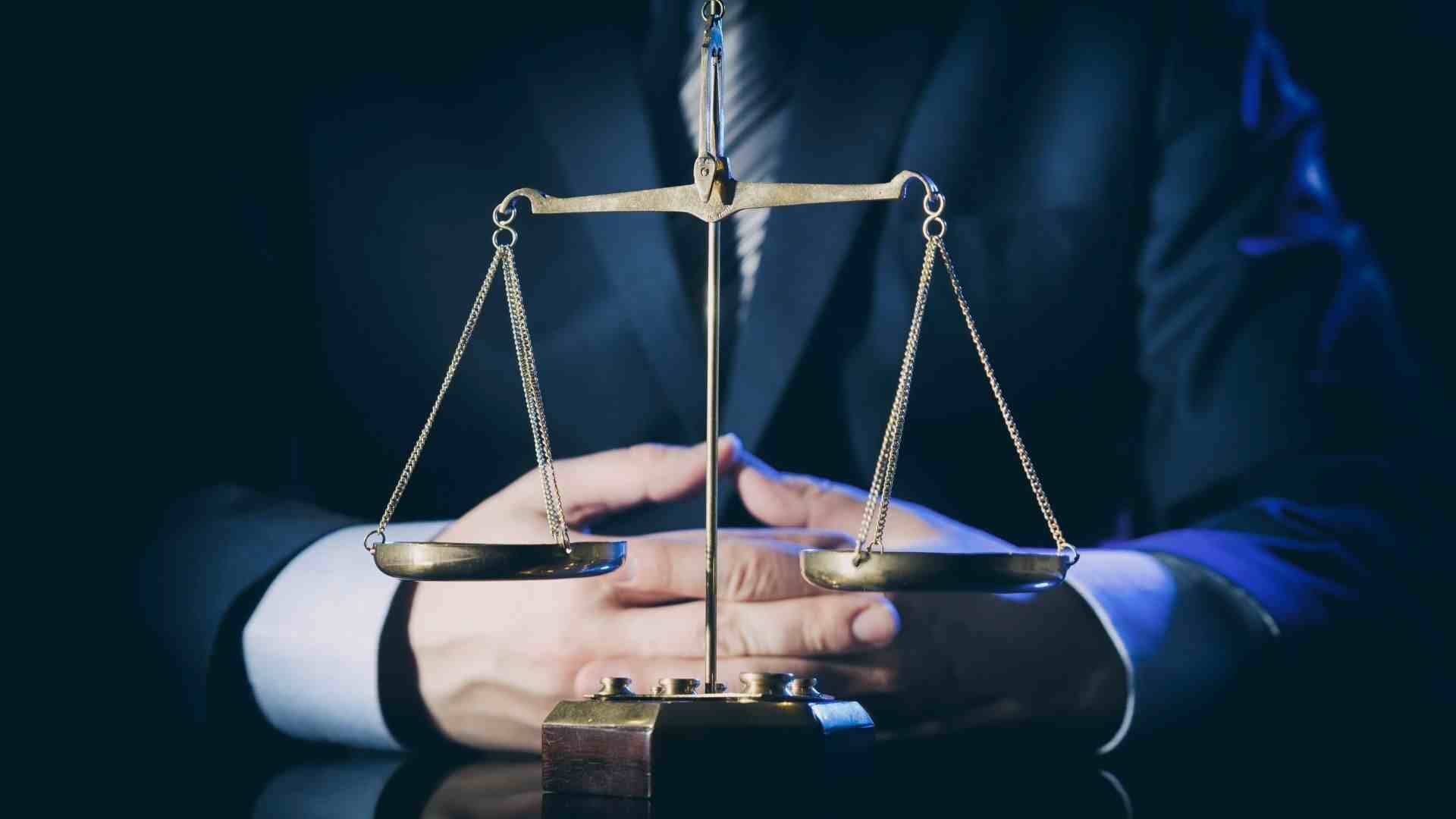Every day, consumers purchase and use various products, from household appliances to automobiles, to satisfy their needs and wants. We trust that these products are safe and will perform as intended. However, in some cases, products can be defective or dangerous, posing risks to the people who use them. This is where the concept of product liability comes into play. In this blog post, we will delve into the intricacies of product liability, exploring its definition, types, and why it matters.
[lwptoc]
Defining Product Liability
Product liability refers to the legal responsibility that manufacturers, distributors, and sellers have for the products they produce and distribute. This responsibility involves ensuring that their products are safe for consumers to use and that they meet specific quality and performance standards. If a product is found to be defective or dangerous, resulting in harm to a consumer, the parties involved may be held liable for the injuries or damages.
Types of Product Liability
- Manufacturing Defects: This occurs when a product has a flaw or defect in its manufacturing process, making it different from other products of the same model or design. These defects can result from errors in assembly, substandard materials, or other production-related issues. For instance, a car with a faulty brake system due to a manufacturing error could be considered a product with a manufacturing defect.
- Design Defects: Design defects stem from inherent flaws in a product’s design. Even if manufactured correctly, the product may still be dangerous or defective due to its underlying design. An example could be a smartphone that overheats and poses a fire hazard due to a flawed design.
- Failure to Warn or Inadequate Instructions: Manufacturers must provide clear and sufficient warnings and instructions for the safe use of their products. Failure to do so can lead to product liability claims. For instance, a medication that does not clearly warn about potential side effects or drug interactions could be the basis for a failure-to-warn claim.
Why Product Liability Matters
- Consumer Safety: Product liability laws exist to protect consumers from unsafe products. These regulations ensure that manufacturers, distributors, and sellers are motivated to produce and sell safe and reliable products. By holding them accountable for any harm their products cause, it encourages the development of safer items.
- Compensation for Victims: Product liability claims allow consumers who have suffered injuries or losses due to defective products to seek compensation. This compensation can cover medical bills, lost wages, pain and suffering, and other damages resulting from the product’s defect.
- Encouraging Accountability: Holding companies responsible for their products fosters a culture of accountability in the marketplace. When businesses know they can be held liable for their products, they have a stronger incentive to maintain quality control, invest in research and development, and ensure product safety.
Product liability is a vital aspect of consumer protection, ensuring that the products we use are safe and perform as intended. It serves as a safety net, holding manufacturers, distributors, and sellers accountable for any defects or dangers in the products they offer to the public. Understanding product liability not only helps consumers make informed choices but also encourages companies to prioritize the safety and well-being of their customers.
Product liability cases can be legally complex, and individuals who have suffered injuries or losses due to defective products often turn to product liability attorneys for guidance and representation. These specialized lawyers are well-versed in the intricacies of product liability law and can be invaluable in helping victims navigate the legal process. They play a crucial role in building a strong case by investigating the product’s history, gathering evidence of defects, consulting experts, and identifying responsible parties. Product liability attorneys also negotiate with manufacturers, distributors, or their insurance companies to secure fair settlements for their clients. In cases where settlements are not achievable, they can take the matter to court and advocate for the rights of the injured party. With their expertise, product liability attorneys are instrumental in ensuring that those harmed by defective products receive the compensation they deserve, contributing to a safer marketplace by holding negligent parties accountable.



